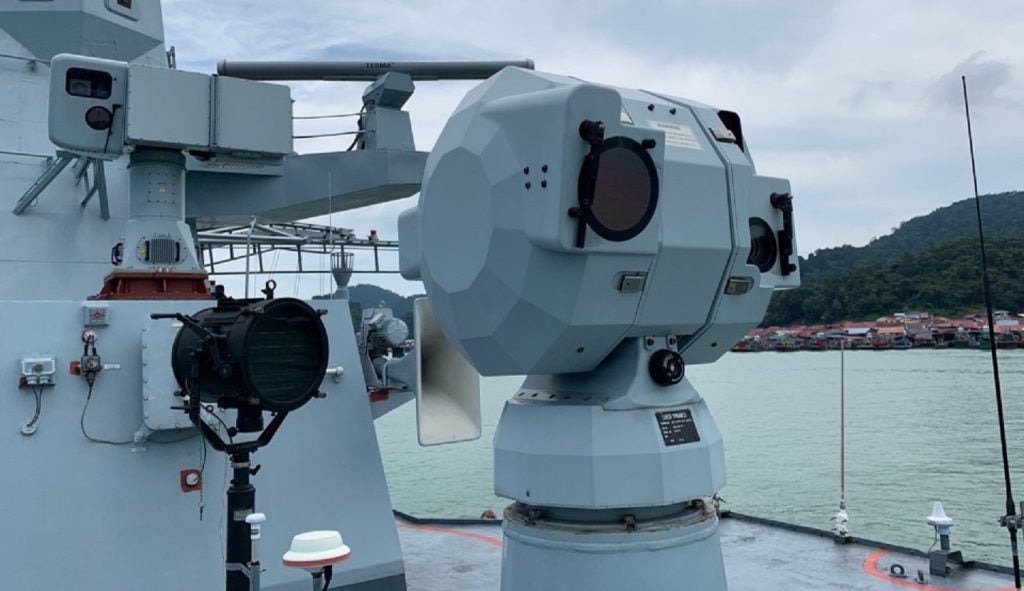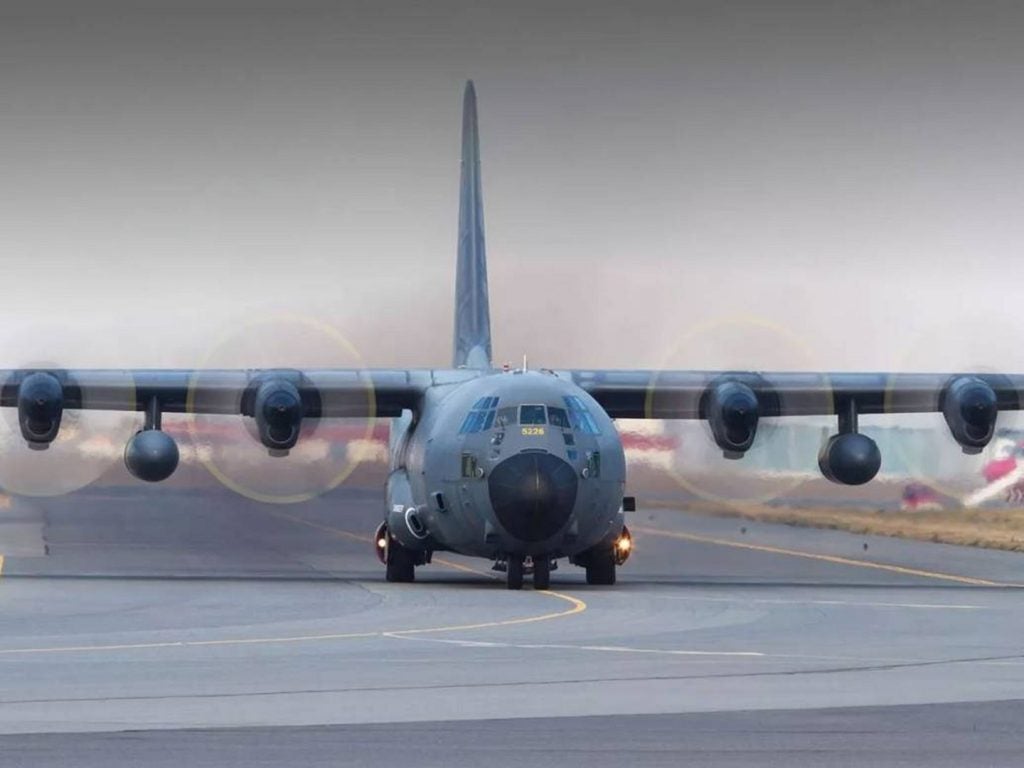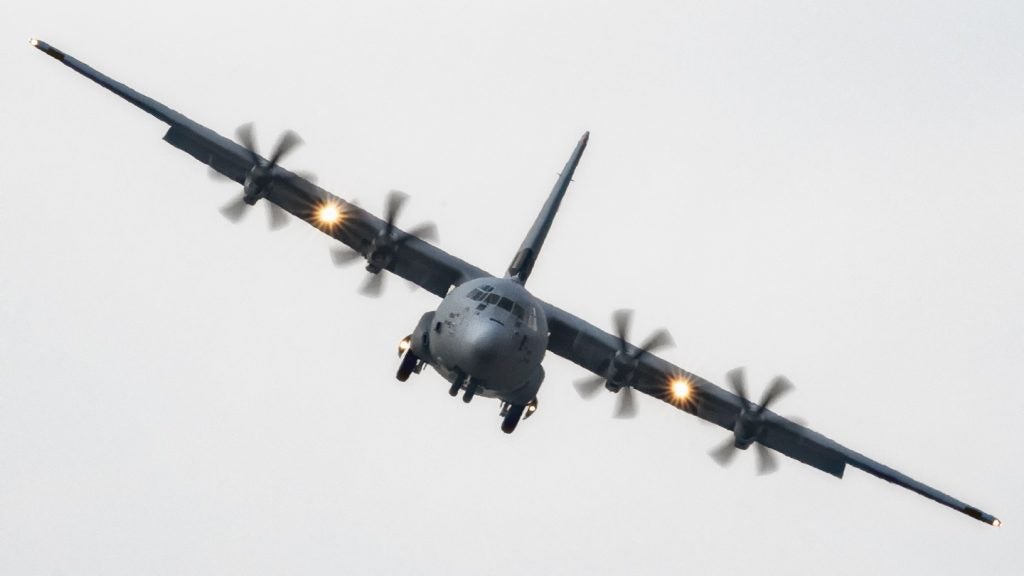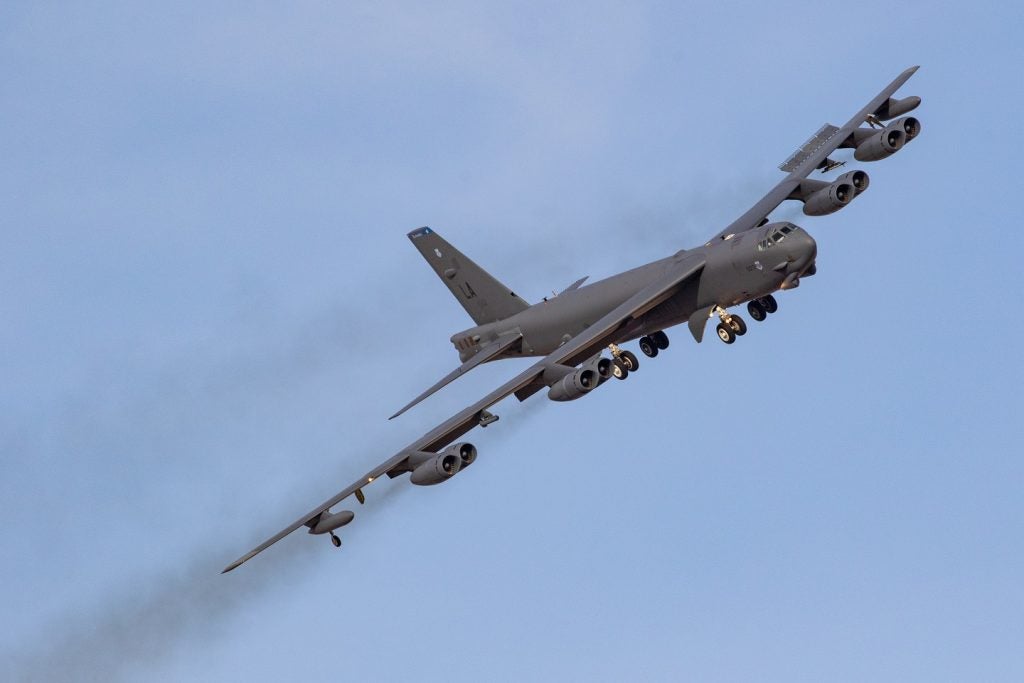The US Air Force (USAF) needs investment in maintenance infrastructure to enable the availability and readiness of military aircraft.
Appearing before the US House of Representatives Armed Services Readiness Subcommittee, Air Force Sustainment Center (AFSC) commander lieutenant general Gene Kirkland highlighted the challenges, solutions and readiness impacts.
The testimony was related to the organic industrial base (OIB) within the military branch, the USAF said in a statement.
The two main themes of the testimony were investment in infrastructure and investment in people.
Maintaining one tanker while preparing for the second is said to be one of the key challenges encountered by the AFSC.
Kirkland said: “Our logistics enterprise effectively uses existing infrastructure across our three depots and two supply-chain lanes to provide cost-effective readiness for a range of legacy weapons systems while posturing for the future.”
How well do you really know your competitors?
Access the most comprehensive Company Profiles on the market, powered by GlobalData. Save hours of research. Gain competitive edge.

Thank you!
Your download email will arrive shortly
Not ready to buy yet? Download a free sample
We are confident about the unique quality of our Company Profiles. However, we want you to make the most beneficial decision for your business, so we offer a free sample that you can download by submitting the below form
By GlobalDataInvesting in depot capacity is key to ensure sustainment and maintenance of both ageing and latest fighter aircraft, he stated.
Kirkland added: “Without investments which assure lethality, maintain readiness, properly fund and train our personnel, and deliver necessary infrastructure, we risk losing our advantage.”
In his testimony, Kirkland made a reference to a study on the OIB infrastructure in March.
He further added: “This study made clear that even as we smartly use current investments, over the next 20 years we will need resources above current thresholds to modernize across four dimensions of our industrial base.”
The AFSC expects to issue a detailed analysis of the OIB report in late 2020.
The subcommittee was also updated about the challenges posed by decreasing supply and manufacturing base.
He also called for the need to speed up the implementation of predictive analytics to improve availability of a weapon system.
Such technologies and tools will deliver longer-term efficiencies.
The testimony also stated that the service should focus not just on hiring people but also on training and retaining them.







